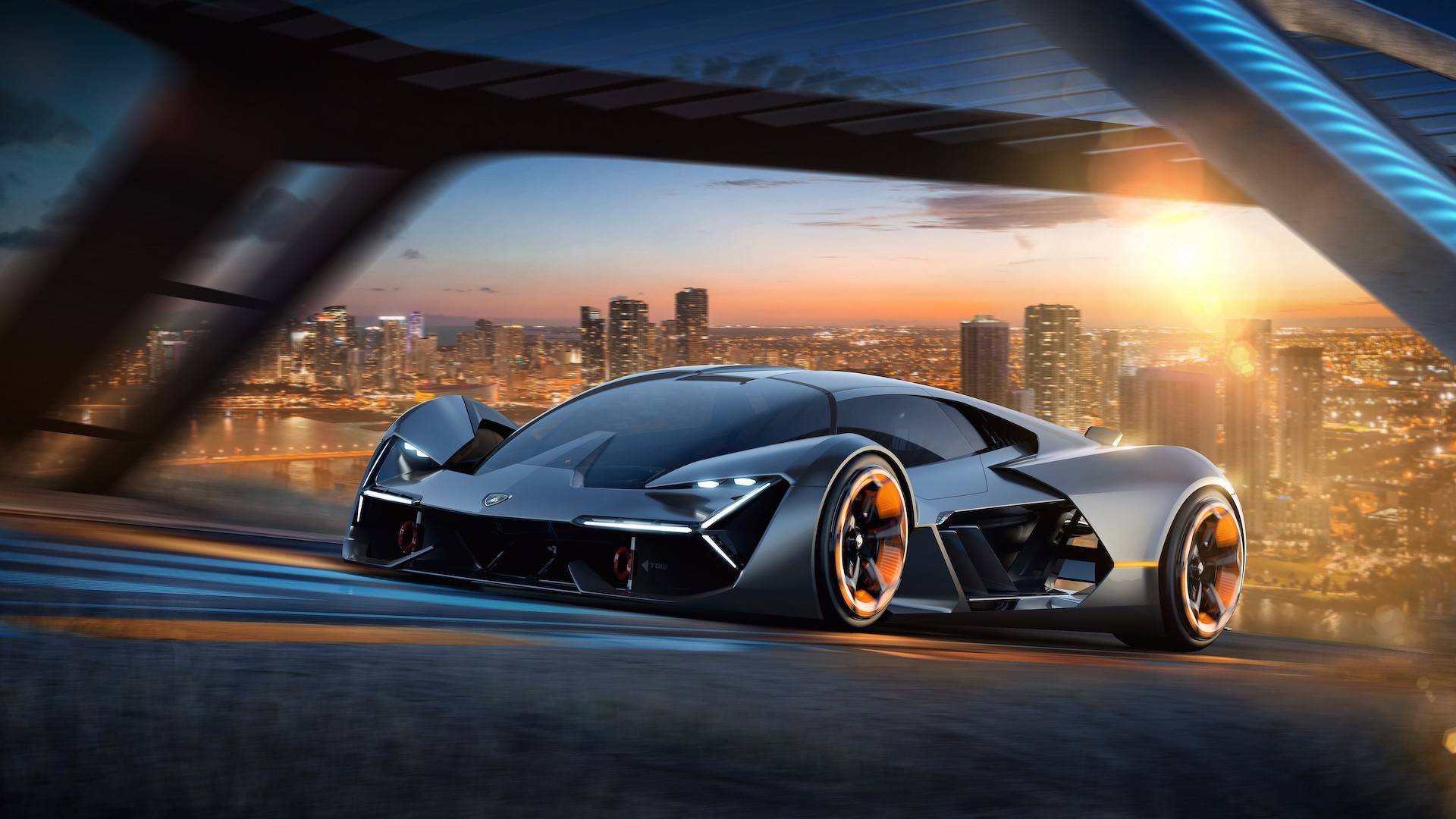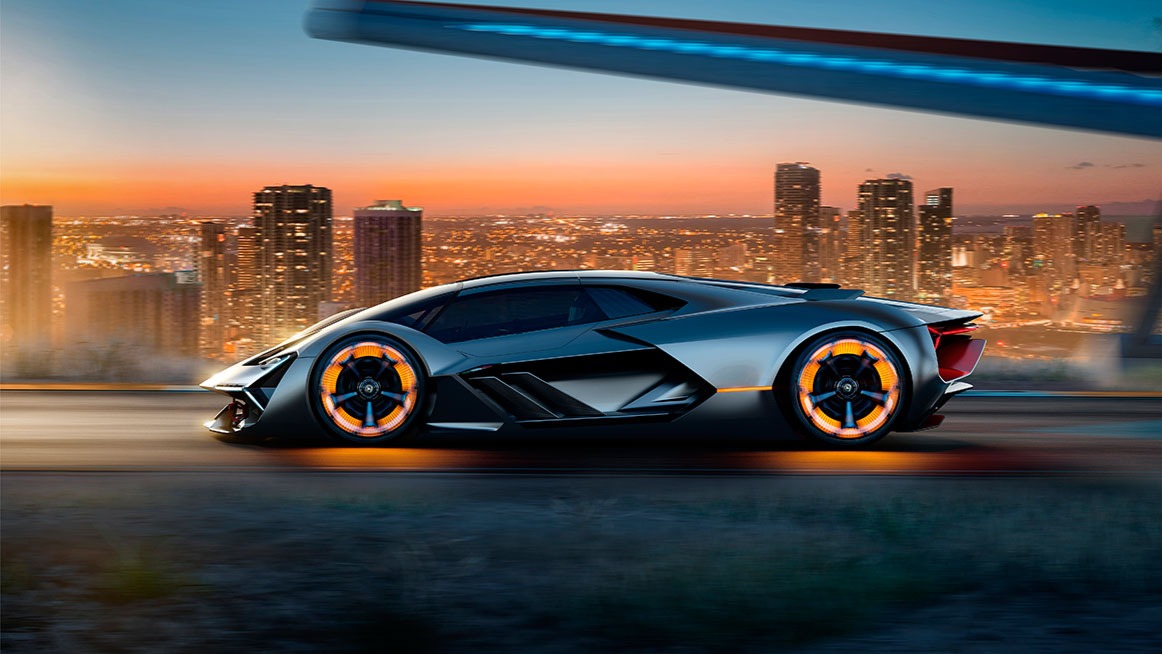Yes, even Lamborghini is working on an electric supercar – but you’ll have to wait

Lamborghini has unveiled its electric car plans for the next decade, which include hybrid versions of its entire gas-powered lineup and the launch of an all-electric supercar before 2030.
As with the rest of the world’s largest automakers, the Italian performance car manufacturer is responding to tightening global emissions regulations which could see companies face sanctions for not embracing electric vehicle technologies.
As such, plug-in hybrid versions of Aventador, Huracán and Urus models will be arriving on roads within the next three years, along with a select number of Sián roadsters. In an exciting move for the future of supercars, Lamborghini will also unveil a completely new all-electric fourth model within the next decade as part of a $1.8 billion move away from traditional combustion engines.
- Kia EV6 interior rivals the likes of Audi and Mercedes
- Subaru’s first electric car is sun-inspired – but will it be solar-powered?
- Is the Ford Mustang Mach-E GT the first electric hot-rod?
Naturally, it’s likely that this all-electric Lambo has only just entered development, and so there’s little to no information regarding what sort of performance we can expect from the battery-powered supercar.
Back in 2017, the company did share a concept image of the tentatively-named Terzo Millennio, though, which offers a “technological demonstrator” of what an electric Lamborghini might look like. A Blade Runner-inspired Batmobile, is the answer.

The Terzo Millennio was designed in collaboration with the Massachusetts Institute of Technology (MIT) which, at the time, included whacky ideas like a self-repairing process to help prevent cracks in the car’s body (a feature we’ve seen on a small scale in products like the LG Flex 2).
Automotive technology has come a long way since 2017, but don’t expect an all-electric Lamborghini to be self-healing.
Sign up for breaking news, reviews, opinion, top tech deals, and more.
On the question of what customers would find appealing about an electric supercar, Lamborghini CEO Stephan Winkelmann said “for sure, it’s the torque and the acceleration, and also [the reduction of] gaps when you shift gears. In my opinion, they’re the things that customers are going to appreciate the most.”
Lamborghini hasn’t said whether it plans to completely phase out production of its gas-powered vehicles, but Winkelmann said the company is targeting a 50% “or more” reduction of its CO2 emissions by the beginning of 2025. “We are speaking about the biggest investment ever done at Lamborghini,” he added.
Late to the party
As luxury automakers go, Lamborghini is late to the party when it comes to the shift towards all-electric production.
While mid-tier manufacturers like Audi, BMW and Mercedes are already ploughing full steam ahead with hybrid and electric lineups, the likes of Ferrari and Aston Martin have also expressed their commitment to producing electric supercars in the near future.
Both manufacturers have committed to launching all-electric SUV, sports and supercar models by 2025, while Lamborghini’s parent company, Volkswagen, has also set aside $19 billion to end production of internal combustion engines in favor of electric alternatives.
That being said, the Italian heritage brand isn’t downing tools on its gas-powered cars just yet. The company plans to spend the next two years “celebrating the combustion engine” in a sort of swan song homage to the vehicles which have brought Lamborghini record financial success in recent years.
If its first all-electric supercar ends up looking anything like the Terzo Millennio, though, it’s unlikely Lamborghini will struggle to make ends meet in the years to come.
Via The Verge

Axel is TechRadar's Phones Editor, reporting on everything from the latest Apple developments to newest AI breakthroughs as part of the site's Mobile Computing vertical. Having previously written for publications including Esquire and FourFourTwo, Axel is well-versed in the applications of technology beyond the desktop, and his coverage extends from general reporting and analysis to in-depth interviews and opinion.
Axel studied for a degree in English Literature at the University of Warwick before joining TechRadar in 2020, where he earned an NCTJ qualification as part of the company’s inaugural digital training scheme.